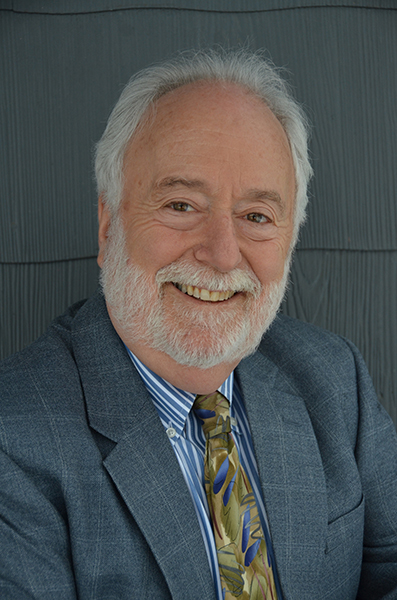Dear
Colleagues:
I hope you are
doing great. I am sharing with you an invitation for the Webinar "Consultation
on Coalition Building & Collaborative Solutions: A Practitioner’s
View".
When: Friday, November 21st, 12.30 p.m. Eastern
Time (New York time)
Where: Register free at this link: https://www.eventbrite.com/e/scra-webinar-4-consultation-on-coalition-building-collaborative-solutions-a-practitioners-view-tickets-14154214637
In this e-mail I
include information about the Webinar as well as the presenter, Dr. Thomas
Wolff.
Feel free to
distribute this invitation among your networks, and let me know in case you
have any questions.
Thank you very
much,
Carlos Luis, for
SCRA's Online Learning Initiative.
----
WEBINAR #4 Details:
This SCRA online learning
opportunity will present an overview of a consultation practice in the area of
coalition building, collaborative solutions and community development.
Using specific examples, Dr. Tom Wolff will describe how clients request help
and what they want. The Webinar #4 format will be a sample training led by Dr.
Wolff, including exercises that are similar to trainings he provides to
community coalitions.
Learning objectives:
1.
Participants will understand core issues in
developing a consulting practice focused on coalition building.
2.
Participants will understand the six
principles of collaborative solutions.
3.
Participants will explore tools to help
coalitions engage the community in their work.
· Register
via Eventbrite by Thursday, November 20, 2014 at 5PM Eastern.
· You will receive an invitation via email from GlobalMeet
to log-in on Friday, November 21 at 12:30PM Eastern at https://scra.pgimeet.com/SCRA.
· Log-in as a guest.
Be sure to tweet about this event mentioning @scra and
using Hashtag #SCRAsocial
Introducing
our presenter:

Tom Wolff, Ph.D., is a
community psychologist committed to issues of social justice and building
healthy communities through collaborative solutions. A nationally recognized
consultant on coalition building and community development, he has a lifetime
of experience training and consulting with individuals, organizations, and
communities across North America and around the globe.
Tom has published
numerous resources to help communities solve their own problems. His most
recent book is The
Power of Collaborative Solutions – Six principles and effective tools for
building health communities published by Jossey Bass-John
Wiley in early 2010.His earlier writings on coalition building include From the Ground Up: A Workbook on
Coalition Building and Community Development (with Gillian
Kaye, 1997) and The
Spirit of the Coalition (with Bill Berkowitz, 2000;
American Public Health Association).He presently runs Tom Wolff & Associates- www.tomwolff.com. in Amherst, Massachusetts. Consulting clients include federal, state, and local government agencies; foundations; hospitals; nonprofit organizations; professional associations; and grassroots groups.
In 2014 Tom was awarded the American Psychological Associations’ Award for Distinguished Professional Contributions to Independent Practice.
***************************************
